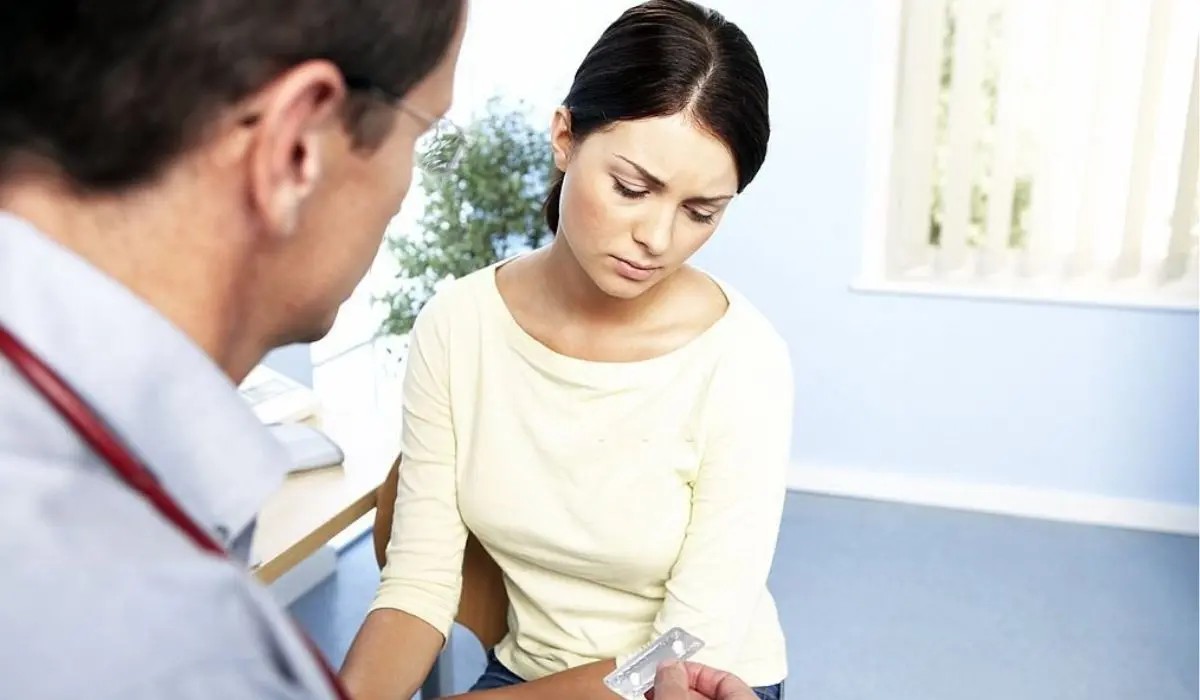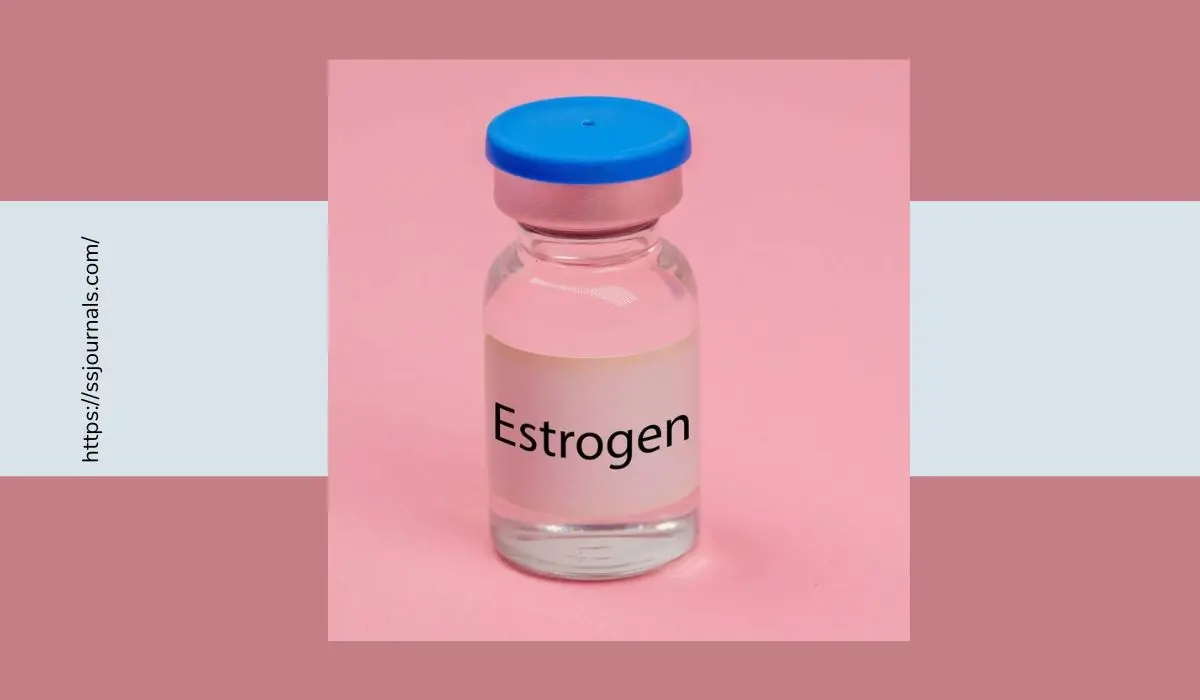Having properly balanced estrogen levels is important for the health of females. However, too much estrogen, a condition called estrogen dominance, can cause unpleasant symptoms and increase future health risks.
Fortunately, there are various medical and lifestyle treatment strategies that can help lower excessive estrogen in females.
Introduction To Estrogen Imbalance
Estrogen refers to a group of hormones including estradiol, estriol, and estrone that are key for female reproductive health. Estrogen is produced mainly in the ovaries, but also by fat tissue and the adrenal glands.

When estrogen circulation gets too high relative to progesterone, a state called estrogen dominance occurs. Excess estrogen contributes to problems like infertility, heavier periods, fibroids, and breast pain. It may also raise cancer risks.
Treatment focuses on rebalancing hormones using medications or supplements that block estrogen production and activity. Making dietary and lifestyle changes can also help lower estrogen naturally.
Symptoms Of High Estrogen In Females
Signs your estrogen level may be too elevated include:
– Severe PMS symptoms like breast tenderness, mood swings, anger
– Migraines and headaches
– Bloating, water retention, weight gain
– Uterine fibroids
– Endometriosis flare ups
– Breast pain or tenderness
– Sleep disruptions and fatigue
– Accelerated aging of skin
If these symptoms persist, ask your doctor to test your hormone levels for confirmation.
Causes Of Estrogen Dominance
Some factors that commonly disrupt estrogen balance include:
– Obesity – Fat cells increase circulating estrogen.
– Stress – Cortisol stimulates estrogen production.
– Pregnancy and breastfeeding – Dramatic rise in estrogen levels.
– Hormone medications – Oral contraceptives or hormone therapy.
– Soy products – contain estrogen-like compounds.
– Liver dysfunction – Impaired estrogen detoxification.
– Environmental xenoestrogens – Plastics, pesticides, and cosmetics contain estrogen.
– Ovarian cysts or tumors – Can produce excess estrogen.
– Perimenopause and menopause – Hormone fluctuations.
Identifying and addressing the causes contributing to your high estrogen allows for optimal treatment.
Medical Treatments To Lower Excess Estrogen
If lifestyle measures are insufficient to rebalance hormones, medical therapies include:
🔹 Medications
Progestins – Progesterone or progestin supplements oppose estrogen’s effects in the uterine lining.
Oral contraceptives – Birth control pills with progesterone and estrogen help stabilize the ratio.
GnRH agonists – Drugs like Lupron stimulate estrogen metabolism. Helpful for endometriosis.
Tamoxifen – Regulates estrogen pathways and is used for breast cancer treatment.
Aromatase inhibitors – Drugs like anastrozole, exemestane and letrozole block estrogen production.
Metformin – The diabetes medication reduces estrogen levels in obese women.
🔹 Surgery
Oophorectomy – Surgical removal of ovaries eliminates the estrogen source.
Hysterectomy – Taking out the uterus resolves issues like fibroids caused by excess estrogen exposure.
Discuss options thoroughly with your gynecologist and oncologist for the best treatment plan for your needs.
Lifestyle Changes To Help Lower Estrogen
Certain natural remedies and healthy habits can help reduce excess estrogen:
Exercise more – Activity helps metabolize and excrete estrogen compounds from the body.
Stress less – Adopt relaxation techniques since cortisol increases estrogen.
Achieve healthy weight – Fat cells produce additional estrogen, so losing weight helps.
Eat fiber – Fiber binds to estrogen so more gets excreted.
Increase cruciferous vegetables – Broccoli, kale and cabbage contain indole-3-carbinol which breaks down estrogen.
Choose organic produce – To avoid xenoestrogens from pesticides.
Swap cosmetics and plastics – Opt for glass, paper, and mineral-based makeup to avoid chemical estrogens.
Making dietary modifications and exercising more provide natural ways to help rebalance hormones.
Herbal Supplements That May Lower Estrogen
Certain estrogen-reducing supplements include:
Calcium d-glucarate – Helps the liver deactivate and excrete excess estrogen.
DIM – DIM or diindolylmethane found in cruciferous vegetables also promotes estrogen metabolism.
Chasteberry – Helps regulate estrogen and progesterone balance.
Maca – Adaptogen herb shown to reduce estrogen and help stabilize hormones.
Milk thistle – Supports liver function and better estrogen detoxification.
Always check with your doctor before taking new herbal supplements to ensure safety and avoid interactions.
When To Seek Medical Care?
Consult your physician promptly if you experience:
➔ Sudden severe pelvic pain indicating potential ovarian cysts
➔ Abnormal vaginal bleeding between periods
➔ Visual changes, headaches, or weight gain indicating potential pituitary tumor
➔ Nipple discharge or sudden breast pain
➔ Rapid onset of estrogen-excess symptoms
➔ Failure to regulate periods after implementing lifestyle changes
➔ Worsening anxiety, depression, or emotional changes
Seek care urgently for unusual symptoms that could reflect an underlying tumor or malignancy requiring rapid treatment.
Conclusion
In summary, achieving hormonal balance is crucial for female health. Excess estrogen can cause a range of unpleasant symptoms and may raise future health risks. Correcting excess estrogen through a combination of medications, supplements, dietary changes, and stress relief techniques can help get levels back within normal ranges.
Work with a knowledgeable women’s health practitioner to determine the best-personalized treatment plan. Monitoring labs periodically helps ensure interventions are effective for maintaining optimal estrogen levels long-term.
Frequently Asked Questions
Birth control pills can often help stabilize hormones when formulated properly. But pills with very high estrogen may worsen excess. Discuss ratios with your gynecologist.
Cruciferous vegetables, soy, spearmint, apples, omega 3 fats, fiber, grapefruit and mushrooms have compounds that assist estrogen breakdown or excretion.
Very high volume endurance exercise may slightly elevate estrogen short-term. But moderate daily activity helps metabolize and excrete estrogens from the body overall.
Excess estrogen can directly contribute to fat accumulation, particularly around the hips and thighs. Losing weight helps lower estrogen production.
Hormone levels fluctuate for 3-6 months after discontinuing contraceptives. Have your physician monitor labs to ensure equilibrium is restored.

